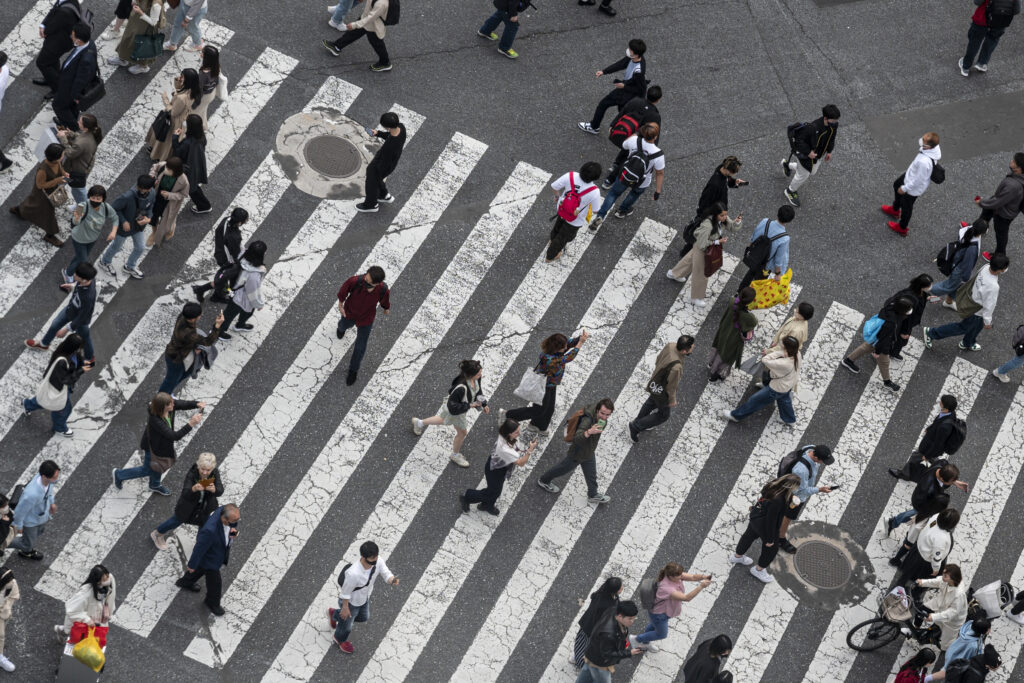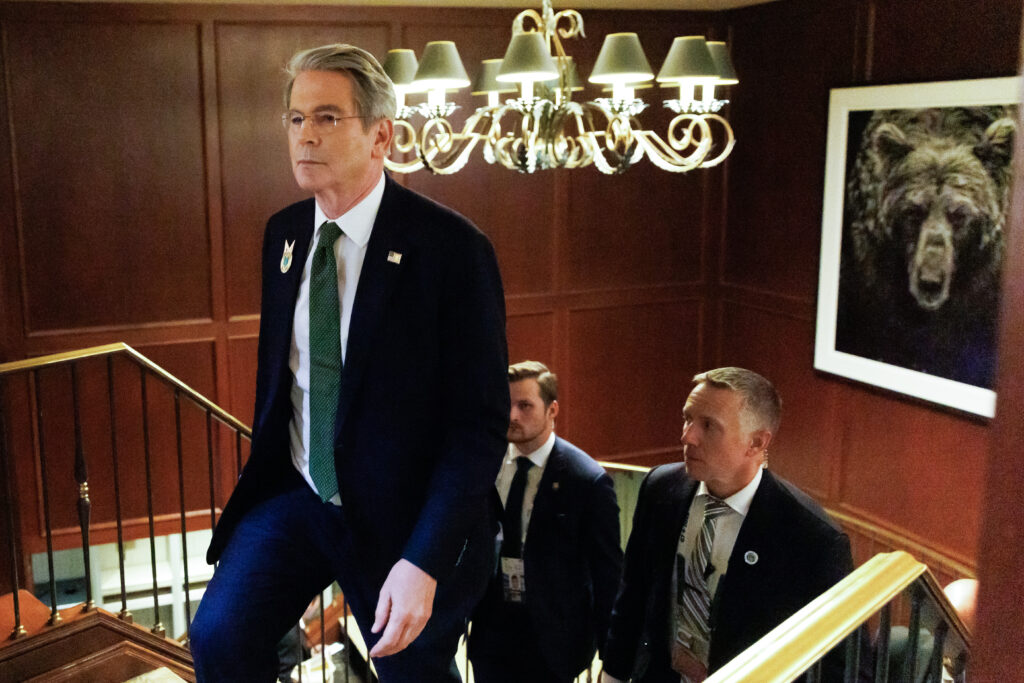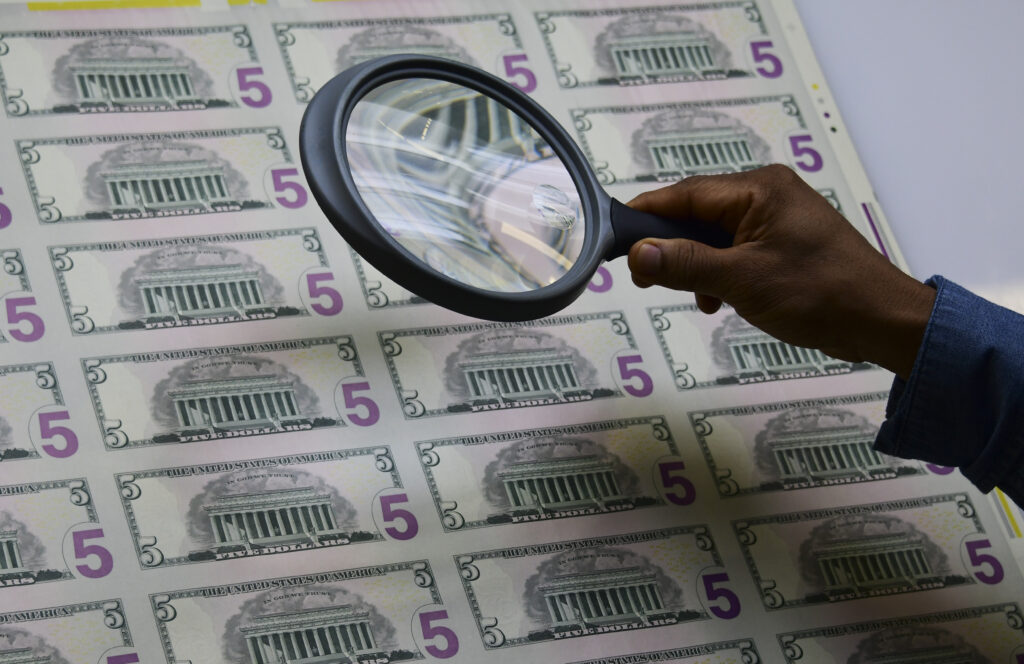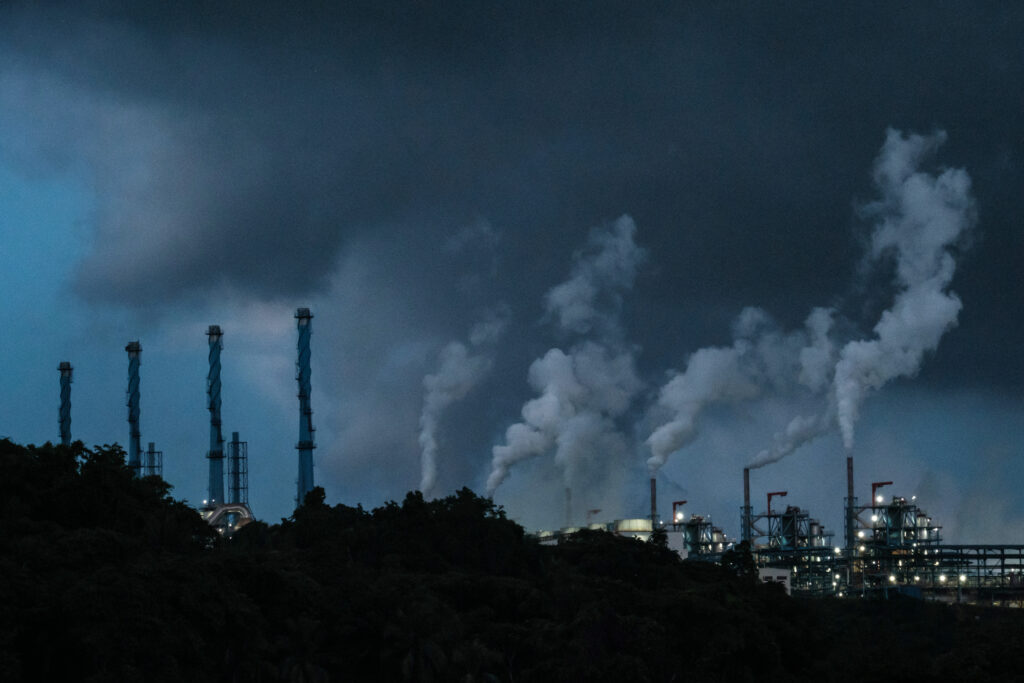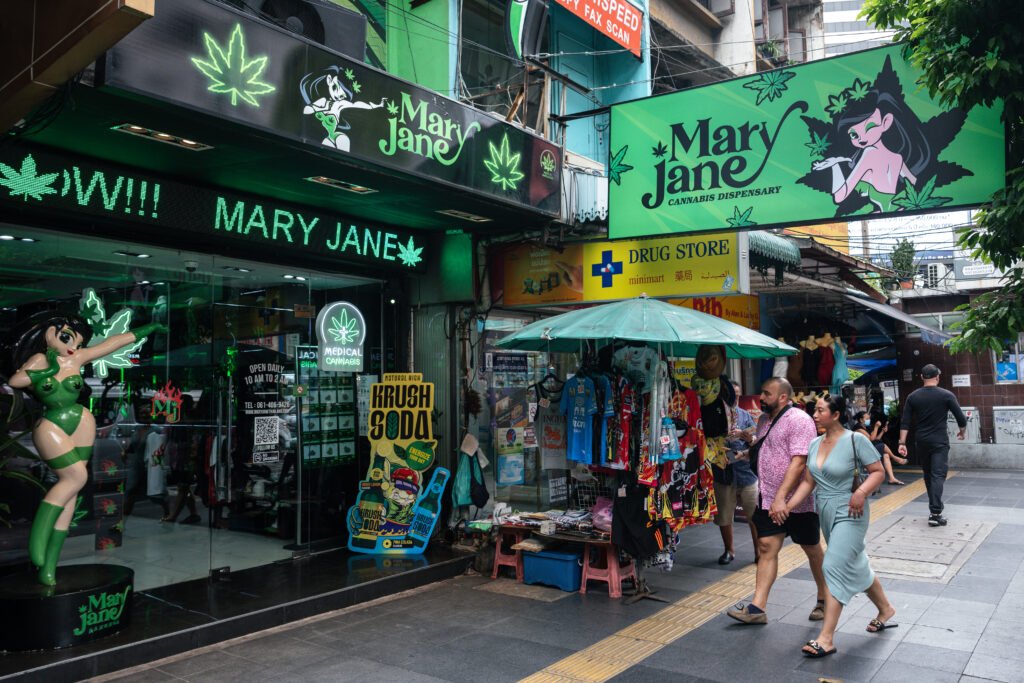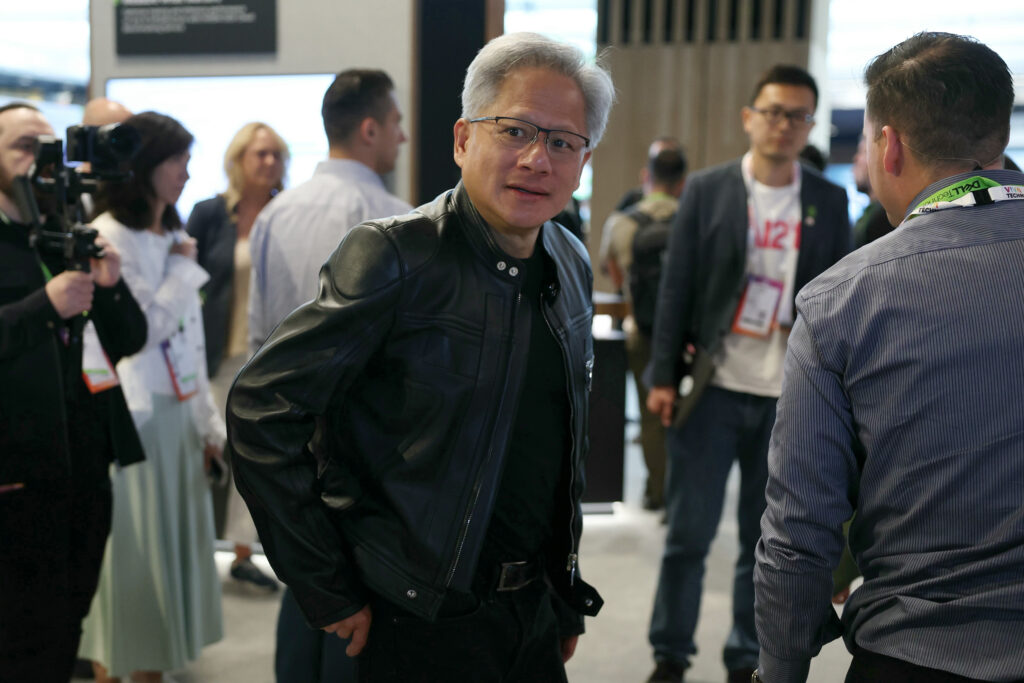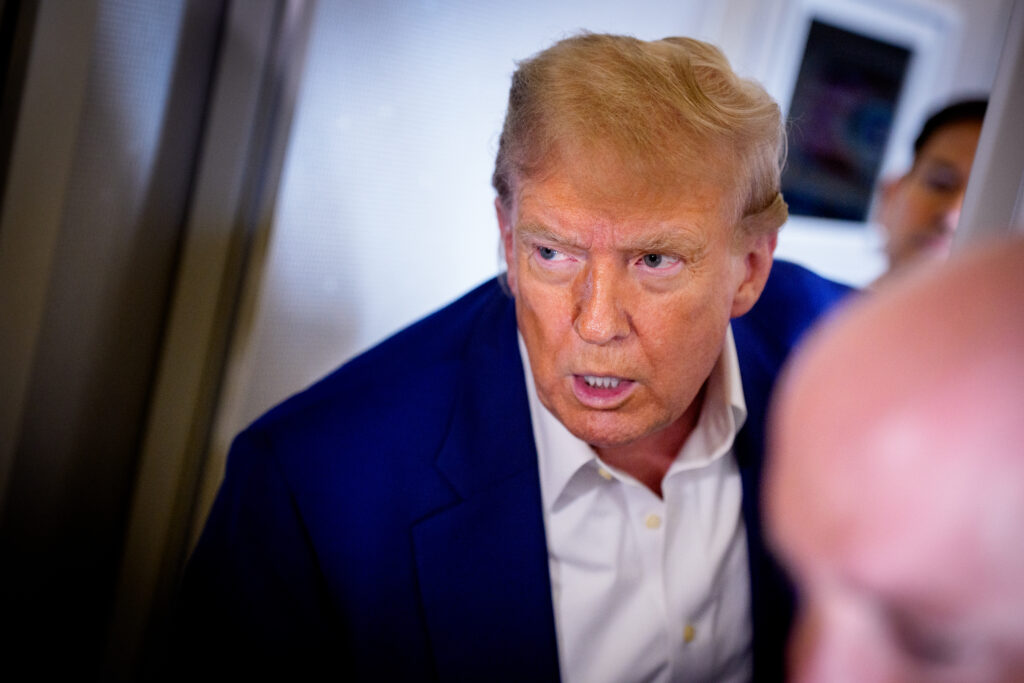Stocks climb, dollar holds on trade hopes and rate bets
Asian markets rose Friday on fresh trade hopes and the dollar held around three-year lows amid bets of cuts to US interest rate cuts. Easing concerns about Middle East tensions also added to the upbeat mood.With the Israel-Iran ceasefire holding for now, investors were able to turn their attention back to the economy and Donald Trump’s tariffs as a deadline for countries to strike deals with Washington approaches.Bets on a Federal Reserve rate cut jumped this week after the US president said he had candidates in mind to succeed boss Jerome Powell when he leaves next year, with reports saying he would make an announcement as early as September.That was followed Thursday by data showing the world’s top economy contracted more than previously estimated in the first quarter and consumer spending grew less than expected.Traders are now fully expecting two rate cuts this year, while there was a pick-up in bets on a third, according to Bloomberg News.Powell, who has faced pressure from Trump to move sooner, appeared to take a dovish turn in a deposition to lawmakers this week, while several other Fed officials have also hinted at a softer approach.All three main indexes on Wall Street rallied, with the Nasdaq hitting a record high and the S&P 500 within a whisker of a new closing peak.The buying continued into Asia, with Tokyo rallying more than one percent to break 40,000 for the first time since January, while Hong Kong, Shanghai, Sydney and Singapore were also well up.The prospect of lower borrowing costs sent the Dollar Index, which compares the greenback to a basket of major currencies, to its lowest level since March 2022. And while it edged slightly higher Friday it remained under pressure.Trade war worries were also soothed slightly Thursday after the White House said Trump could extend his deadline for agreeing deals to avert painful tariffs.The president announced a swathe of levies on trading partners at the start of April but quickly said he would pause them until July 9 to allow for talks but few agreements have been reached so far.When asked if there would be another delay, press secretary Karoline Leavitt told reporters: “Perhaps it could be extended, but that’s a decision for the president to make.”The deadline is not critical.”The president can simply provide these countries with a deal if they refuse to make us one by the deadline.”This means Trump can “pick a reciprocal tariff rate that he believes is advantageous for the United States”, she added.The administration also signalled progress on trade with China, with US Commerce Secretary Howard Lutnick saying they had “signed and sealed” an understanding reached in Geneva last month.Those talks saw the two slash eye-watering tit-for-tat tariffs and address other key issues including China’s export of rare earths used in smartphones and electric vehicles, while Beijing was keen to see an easing of restrictions on its access to tech goods.In company news, Chinese smartphone maker Xiaomi soared eight percent to a record high in Hong Kong as it enjoyed strong early orders for its latest sports utility vehicle, its second foray into the competitive electric vehicle market.- Key figures at around 0230 GMT -Tokyo – Nikkei 225: UP 1.6 percent at 40,215.36 (break)Hong Kong – Hang Seng Index: UP 0.3 percent at 24,393.49Shanghai – Composite: UP 0.1 percent at 3,452.71Euro/dollar: UP at $1.1702 from $1.1701 on ThursdayPound/dollar: UP at $1.3738 from $1.3725Dollar/yen: DOWN at 144.34 yen from 144.44 yenEuro/pound: DOWN at 85.18 pence from 85.22 penceWest Texas Intermediate: UP 0.5 percent at $65.57 per barrelBrent North Sea Crude: UP 0.5 percent at $68.08 per barrelNew York – Dow: UP 0.9 percent at 43,386.84 (close)London – FTSE 100: UP 0.2 percent at 8,735.60 (close)
